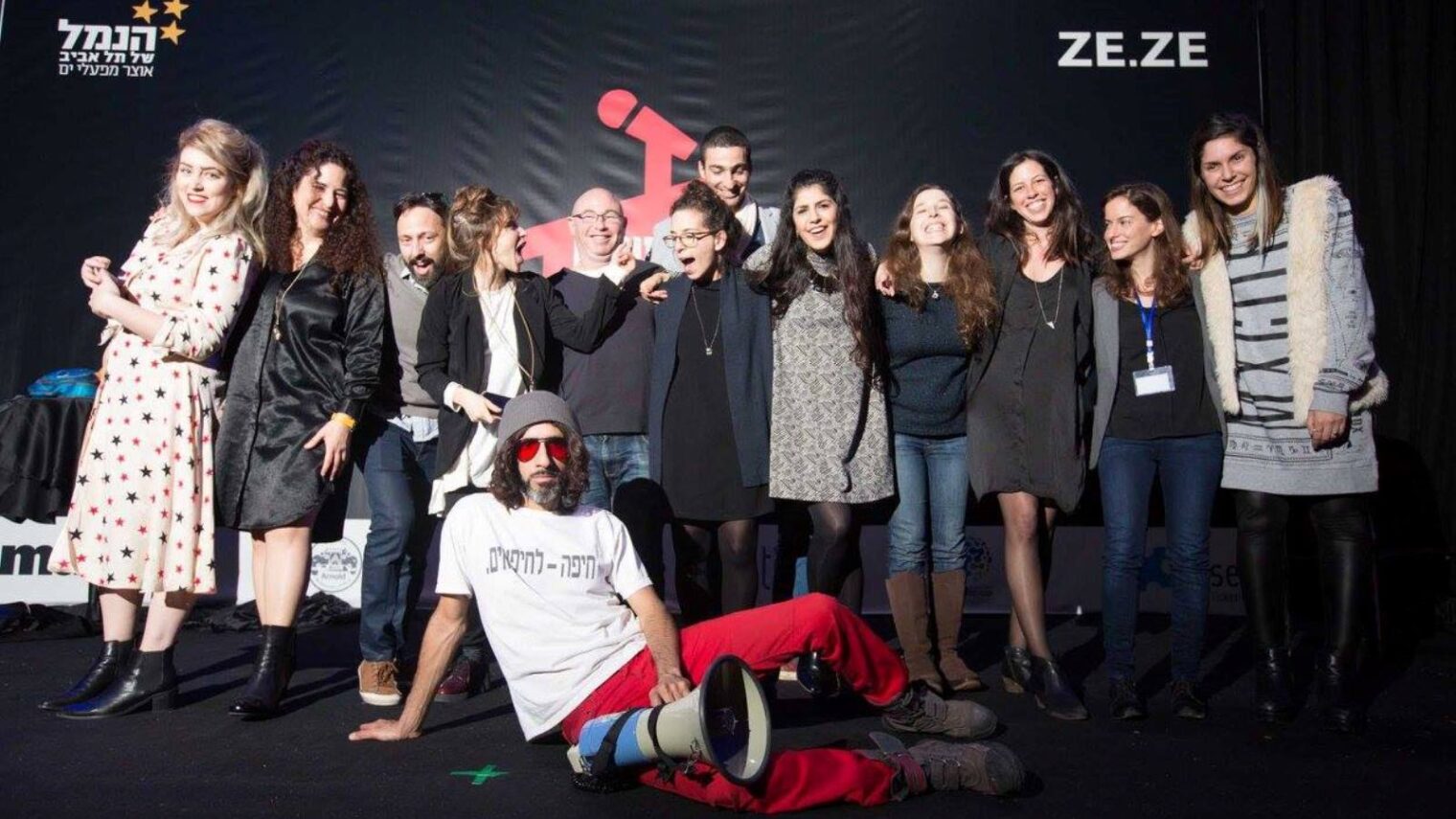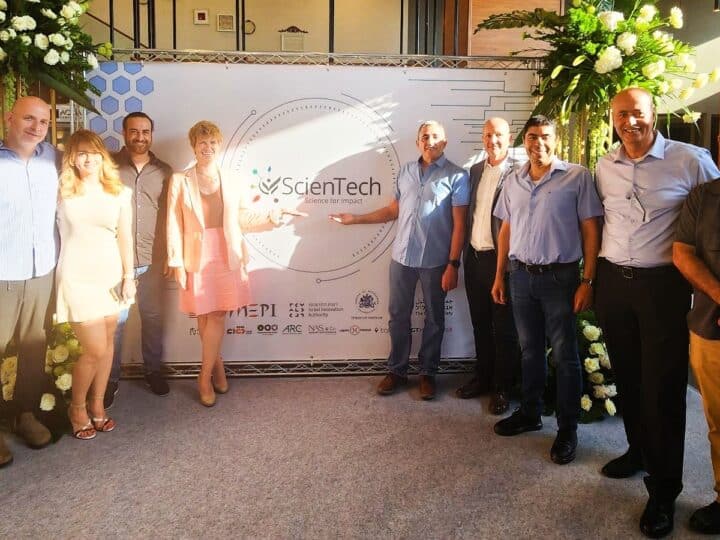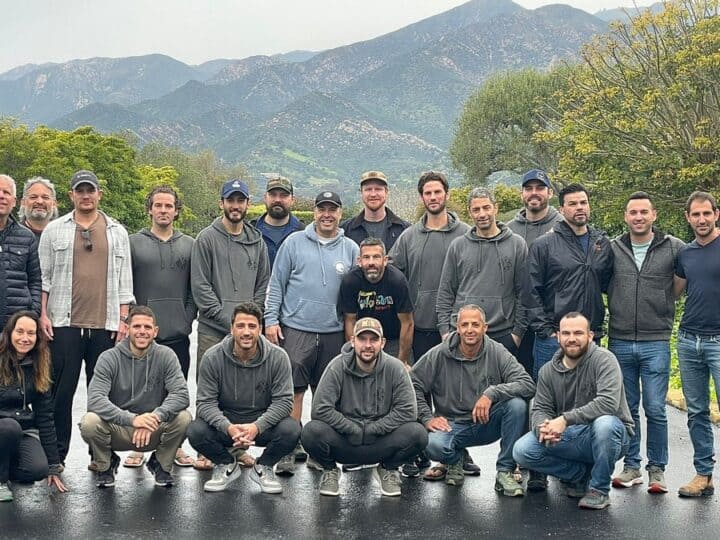It’s the stuff of a heartwarming movie script: Some post-army buddies with a lot of friends and good hearts wanted to fund renovations and new activities like yoga and belly dancing at a daycare center for the elderly in Jaffa. Traditional fundraising appeals weren’t successful, so they did something they were all good at – throwing a party.
The planners attracted 1,000 partygoers who were happy to know their admission fee was going toward a meaningful cause.
That first party led to others and mushroomed into a nonprofit movement, Ze.Ze (This Is It), cofounded by twin brothers Jonathan and Daniel Winkler with Narkis Alon and Tana Warhaft Ashkenazi.
Ze.Ze’s community of young adults creates and manages self-sustaining social businesses that develop the members’ own skills and talents while making a positive impact on society.
Based in Tel Aviv, Ze.Ze has established three ongoing projects since August 2013: The Street Philharmonic, providing income to formerly unemployed street musicians; Zot.Zot design and print studio at an Israel Prison Service-run center for rehabilitating former female inmates; and People Who Don’t Usually Lecture, a democratized form of TED Talks. It also ran a onetime event, Touching Art, a collaboration between artists and people with no or low vision.
All income generated from Ze.Ze projects and events, including lectures and workshops to others who want to learn about the model, is invested back into the nonprofit.
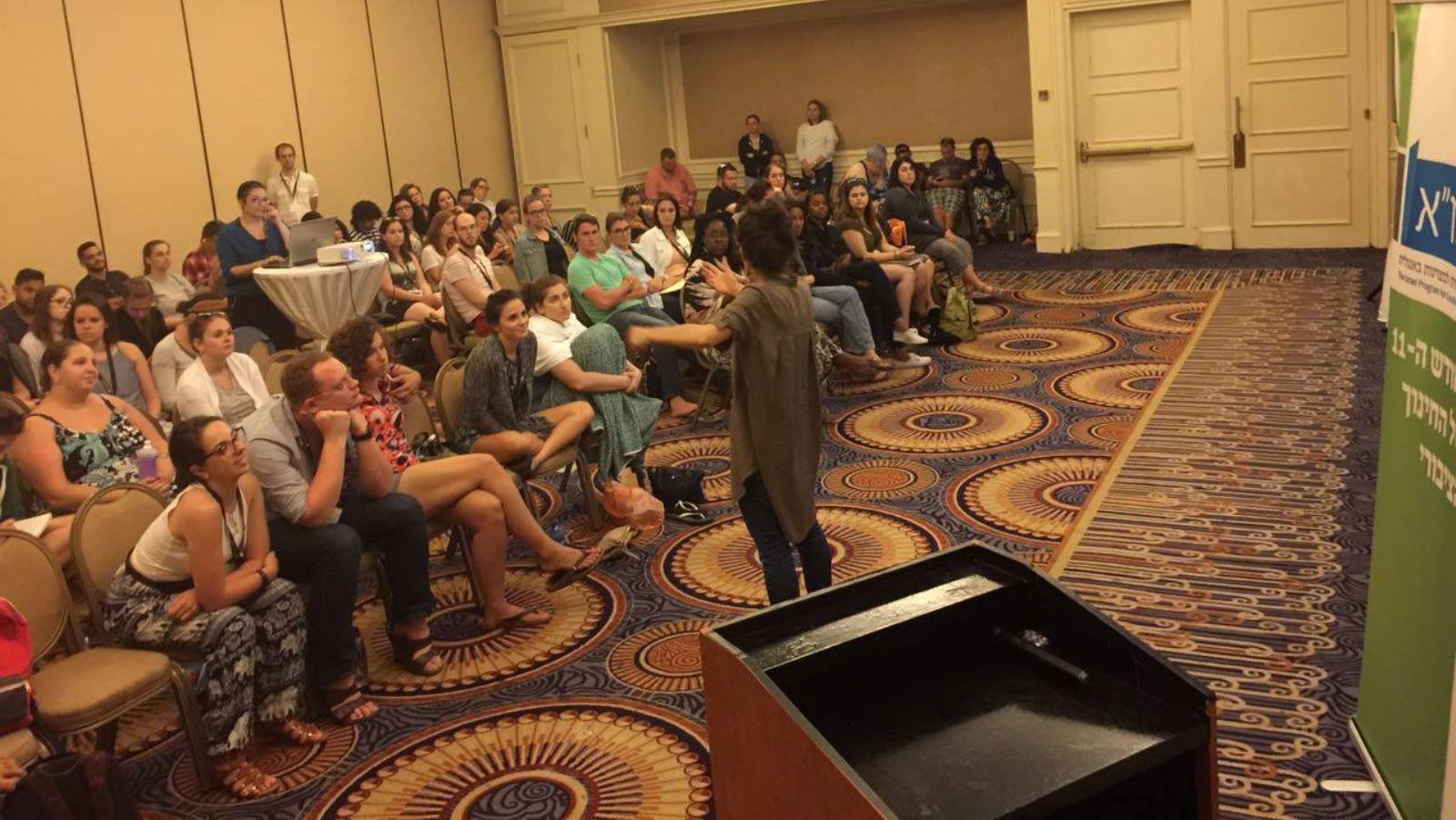
Ordinary people
People Who Don’t Usually Lecture, the brainchild of Narkis Alon, is premised on her conviction that you don’t have to be a successful entrepreneur or prize-winning scientist to have an interesting story with an inspiring message.
“Ordinary” people, such as a taxi driver, nurse and wedding photographer, are coached how to tell their stories in seven minutes (in English) onstage at Hangar 11 in Tel Aviv Port. The first event drew 900 paying participants. The most recent one, last January, sold out all 2,000 tickets.
The next seven speakers in People Who Don’t Usually Lecture will take the stage on May 7 at Hangar 11, with two shows to accommodate an even bigger crowd.
And now, People Who Don’t Usually Lecture is going global in collaboration with the Schusterman Foundation’s ROI Community, of which Ze.Ze CEO Yael Zelnik is a member.
Two-person teams from Buenos Aires, New York and San Francisco, as well as Ashkelon and Jisr az-Zarqa in Israel, are learning how to identify and groom local speakers and organize public lectures.
“Our belief is that this type of event will help them create a more inclusive, stronger community,” Zelnik tells ISRAEL21c.
Street Philharmonic
Daniel Winkler put his bar mitzvah savings into founding Street Philharmonic, says Zelnik.
“Daniel and his friends went out to the streets of Tel Aviv to find good musicians, mostly older immigrants from Russia and Ukraine, and tried to persuade them to form a professional band. In the beginning they were not taken seriously but they went day after day for three months, telling the musicians that they would earn a salary right from the start by doing a big show. They told them that people would pay to see them play,” says Zelnik.
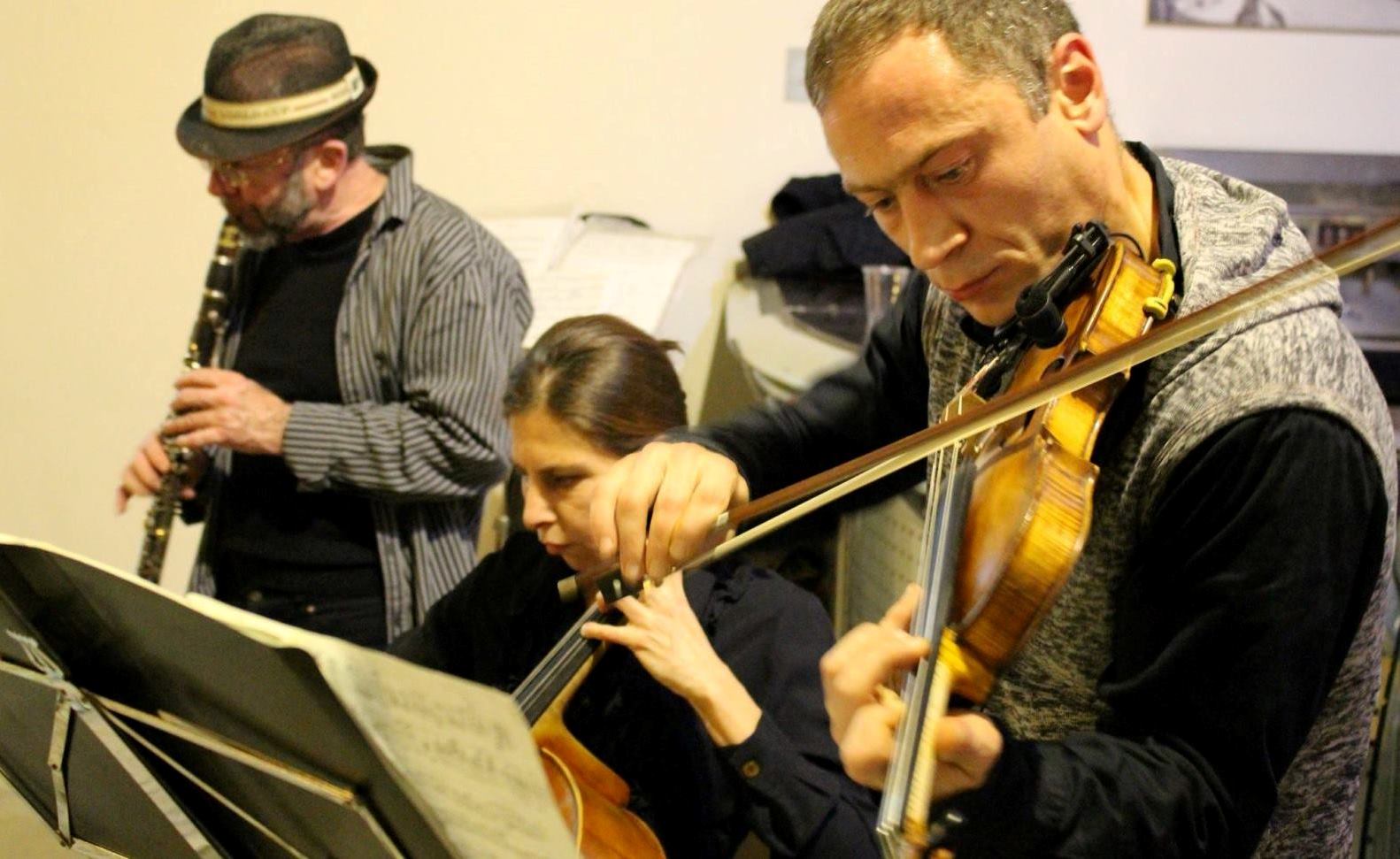
Eventually the Ze.Ze team convinced eight musicians to take part. Musician Tom Darom rehearsed them for four months to prepare for their first performances before 1,000 people at Tel Aviv’s Reading 3 club and Barby Club alongside top Israeli artists appearing gratis, such as Berry Sakharof, Ehud Banai, Danny Sanderson and Karolina.
“It got a lot of media coverage and it’s still a profitable business,” Zelnik reports. “People know they’ll hear good classical, Balkan and klezmer music and that the money allows the musicians to earn a stable and decent salary.”
A dozen musicians now participate in Street Philharmonic ensembles hired for municipal, corporate and private events across Israel. In September 2015, Ze.Ze Street Philharmonic manager Idan Ashkenazi launched the Electronic Philharmonic, a small group that plays at weddings and other events along with a DJ.
Working with a lean paid staff and lots of community members who donate their time, Ze.Ze aims to be completely self-sustaining. “We got some grants in the past but our agenda is that we don’t want to ask for money but rather create it through the social businesses,” says Zelnik. “It’s really challenging but we’re doing it.”
For more information, click here.




